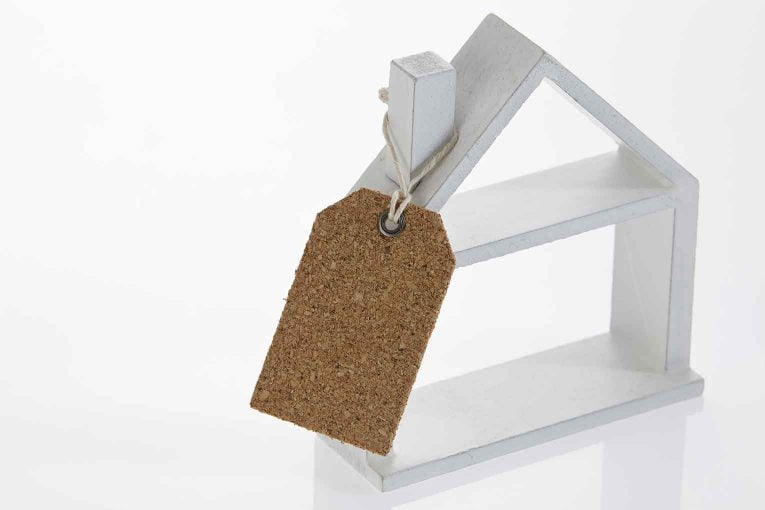UK house prices rose modestly in September, with the annual rate of growth holding steady at 2.2%, according to the latest Nationwide House Price Index.
Prices increased by 0.5% over the month, leaving the average home valued at £271,995.

Robert Gardner, chief economist at Nationwide, said the market had shown “broad stability” in recent months, with mortgage approvals hovering around 65,000 a month – close to pre-pandemic levels despite higher borrowing costs.
He added that low unemployment, rising earnings and the prospect of rate cuts in coming quarters should help support activity, provided the wider economic recovery holds.
REGIONAL DIFFERENCES
The quarterly figures highlight striking regional variations. Northern Ireland remains the strongest market, with prices up 9.6% year on year. In contrast, southern England is showing clear signs of weakness, with growth slowing to just 0.7%. The outer south east was the poorest performer, registering a rise of only 0.3%.
In England, the north was the standout region, with prices up 5.1% compared with a year ago. Scotland and Wales recorded growth of 2.9% and 3% respectively, both down from the previous quarter. London saw a modest 0.6% increase.
PROPERTY TYPES
Semi-detached homes saw the sharpest gains over the past year, with prices up 3.4%. Detached and terraced properties both rose by around 2.5%, while flats slipped by 0.3%, continuing a trend of weaker performance for apartments over the past decade.
MARKET OUTLOOK

Industry experts cautioned that while momentum has returned, affordability remains a key constraint. Karen Noye, mortgage expert at Quilter, said: “The market is still just grinding forward rather than racing ahead.
“Lower inflation and an improving real-income picture are helping confidence, but affordability remains the binding constraint and any progress is likely to be gradual.”

Mark Harris, chief executive of mortgage broker SPF Private Clients, noted that although borrowers were adjusting to the higher-rate environment, “affordability continues to be an issue for many people, particularly first-time buyers”.
Tanya Elmaz, managing director of intermediary sales at Together, warned that uncertainty over potential tax reforms in the Autumn Statement was weighing on activity.

“While rumoured tax changes, such as a potential property tax on houses worth over £500,000, will significantly affect the market, the uncertainty over what’s to come may keep activity subdued until more clarity is provided in the Budget,” she said.
Despite these pressures, some see grounds for cautious optimism.

Tomer Aboody, director of MT Finance, said: “We are seeing that despite plenty of negativity surrounding current market conditions, buyers are still transacting, although in smaller numbers than historically. Due to less demand, price growth is minimal but still positive.”
With inflation still elevated and speculation over both further rate cuts and tax changes swirling, the housing market looks set to remain finely balanced through the autumn.



